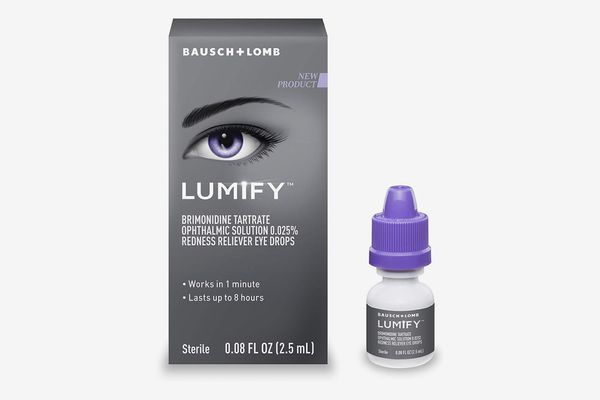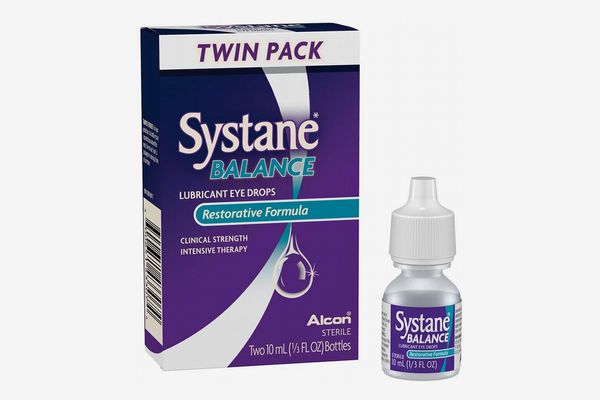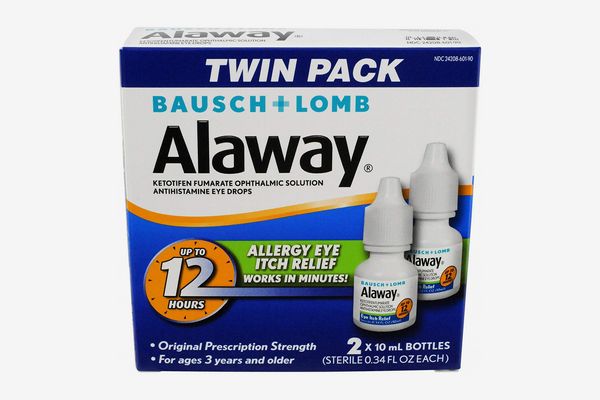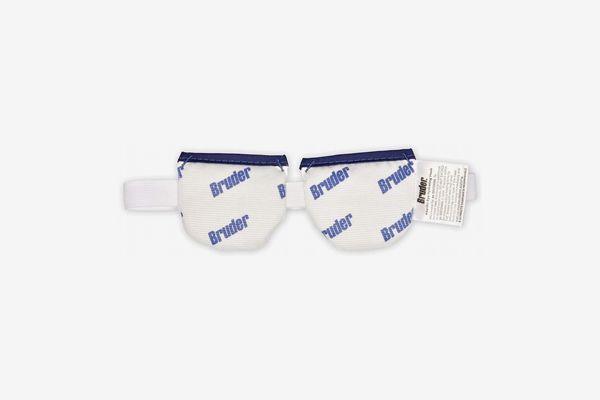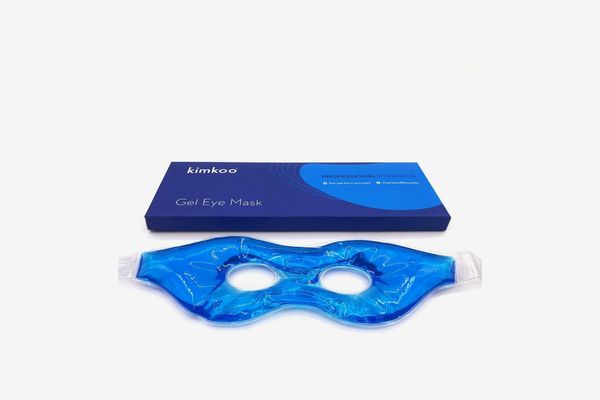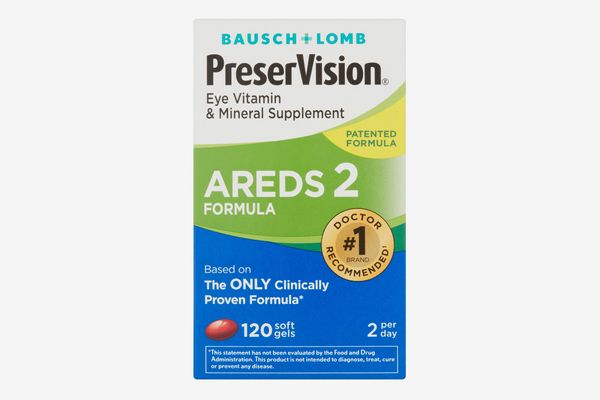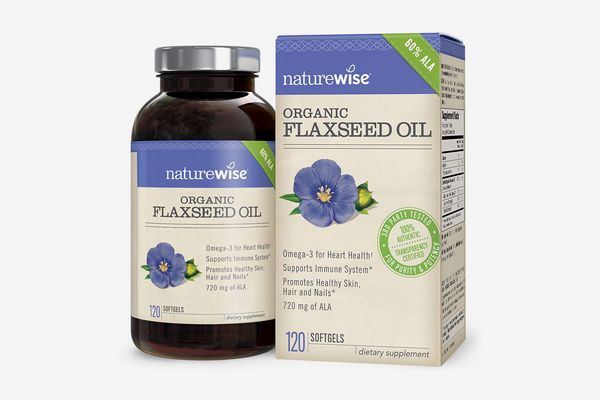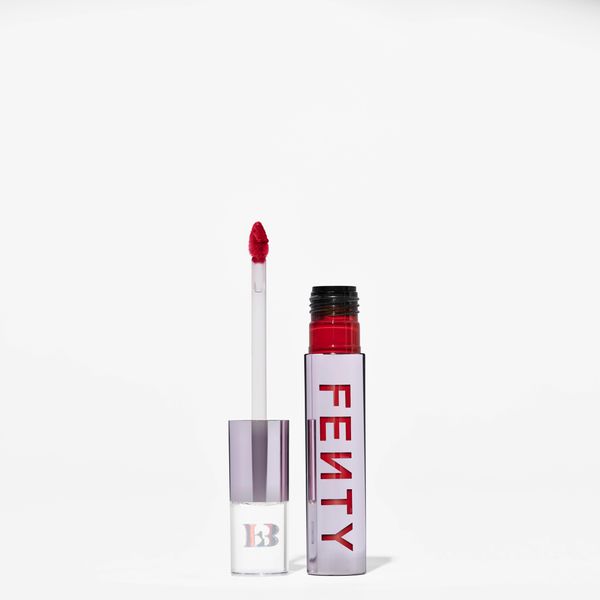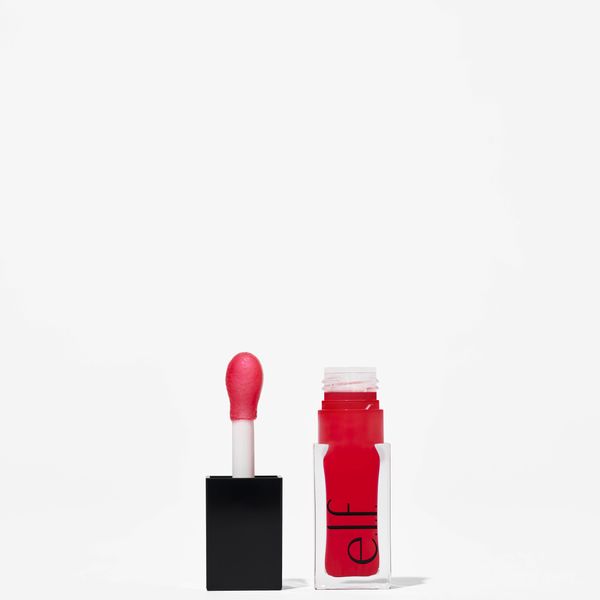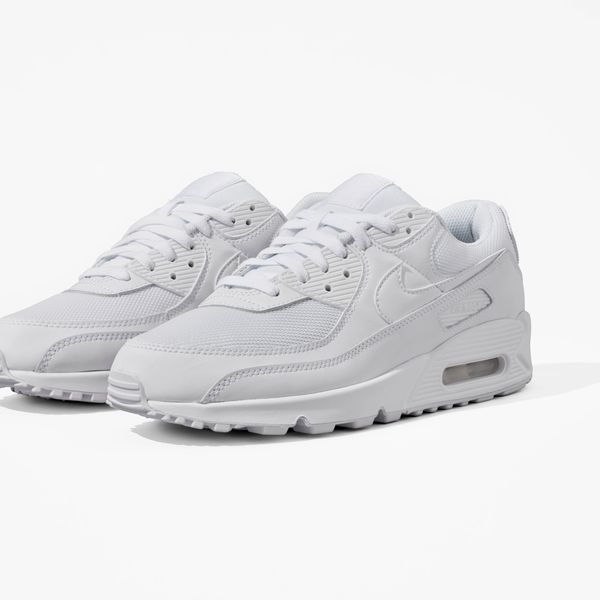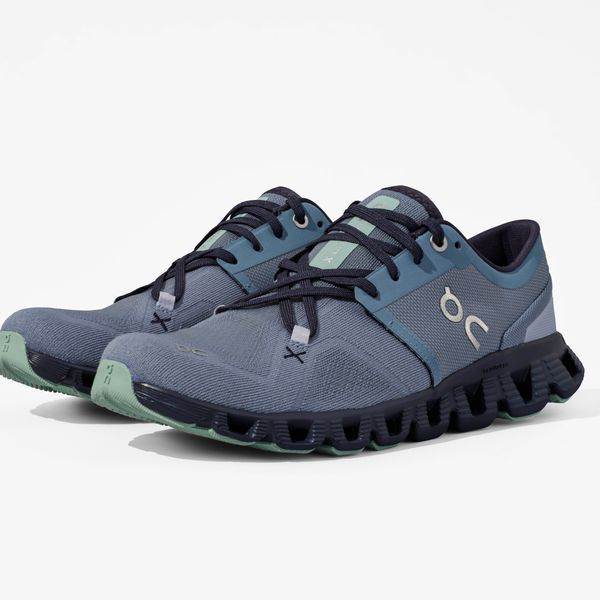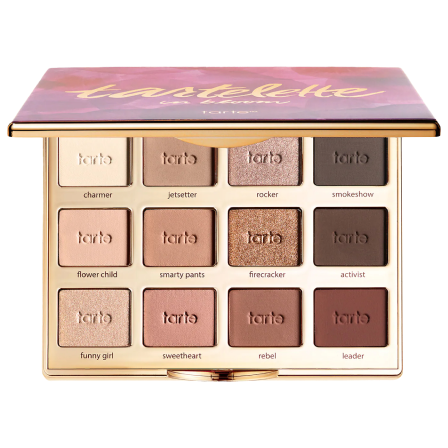
Waking up in the morning with bloodshot eyes is a minor inconvenience that can make you look more stressed and tired than you are. Ophthalmologist Jules Winokur of Lenox Hill Hospital explains that some unlucky people naturally have prominent blood vessels in their eyes, while everyone else experiences redness when their eyes get irritated (from dryness, allergies, the odd mascara mishap, etc.) and the blood vessels in the whites of the eye — or sclera — dilate and get larger.
Graying or yellowing of the sclera can also affect the brightness of your eyes, but natural aging can account for any dullness (which sadly can’t be helped), and yellowing is a sign of more serious organ infection and damage (in which case, you should seek out medical advice first). Behavioral changes like taking breaks from your computer screen, eating a balanced diet, and getting enough rest and water will improve your overall eye health in the long term, but eye doctors say that for every day, there are some quick fixes that can help you get rid of red eyes, too. Here, the supplements, eye drops, and compresses that they suggest.
A standard “get the red out” eye-drop product like Visine and Clear Eyes might be your knee-jerk impulse if your eyes are bloodshot, but all of the eye experts consulted here said to steer clear of them, especially for regular use. While these can temporarily constrict the blood vessels (and make your eyes appear less red), Winokur says that over time your eyes will get used to that constricting sensation. “When you stop using them, you get what we call ‘rebound redness,’ where your blood vessels get really, really big when you stop using them. It’s a bad cycle.”
Winokur and ophthalmologist Satish Modi of the Seeta Eye Centers were optimistic about a new eye drop called Lumify, based on a glaucoma medicine, which is designed to help get rid of redness. It’s the first over-the-counter eye drop that’s been developed with low-dose brimonidine tartrate, which reduces eye redness by selectively constricting blood vessels in the eye. “Patients have been reporting great results with it so far,” says Modi.
“We also tell people to take artificial drops if the eyes are more dry,” says Winokur. While your actual tears are a lot more complicated than the synthetic stuff — containing things like oil, hormones, growth factors, mucin, etc. — he says there are a lot of manufacturers that are trying to mimic certain parts of the tear film, like Systane Balance or Refresh Tears. The fine print here, too, is that you don’t want to be using this long-term: “Prolonged use of artificial tears may only perpetuate the very issue you are trying to solve,” says Visionworks optometrist and vice-president Jason Singh.
And if your redness is coupled with itch, you might want to try an over-the-counter eye drop catered to allergy sufferers. “That’s something you can try with very minimal side effects on your own, and you don’t need a prescription,” says Winokur.
Even beyond these in-your-eye solutions, an on-your-eye addition helps. “If your eyelids are inflamed and causing eye irritation, warm compresses can loosen glands in the lids,”says Modi. Winokur adds that the hot compress is especially helpful for relieving a blockage of the glands in your eyes — otherwise known as meibomian gland dysfunction — that can cause eye dryness.
If your eyes are puffy and need added soothing, a cool compress or towel feels nice, too. “Even if you take your artificial tears and put them in the fridge, and drop them in cold, it mimics a cold compress and your eyes are going to feel a lot better,” says Winokur.
Modi says supplements can help make up deficiencies in certain nutrients — including A, C, and E — which can minimally improve the health of the sclera (and therefore the color), too, if they’re supplementing a balanced diet. Here’s a multivitamin specifically targeted to eye health, including zinc, copper, and vitamins C and E.
Winokur prefers to recommend Omega vitamins like flaxseed oil to patients. He says there’s more evidence that supplementing your diet with it can improve the quality of oils that go into the tear film (which may be somewhat beneficial for reducing eye dryness, too).
For the very dry-eyed person in winter, Winokur says even a humidifier can be helpful for reducing redness. We’ve talked about our love of humidifiers before, and here’s one of our most stood-behind models.
The Strategist is designed to surface the most useful, expert recommendations for things to buy across the vast e-commerce landscape. Some of our latest conquests include the best acne treatments, rolling luggage, pillows for side sleepers, natural anxiety remedies, and bath towels. We update links when possible, but note that deals can expire and all prices are subject to change.
Every editorial product is independently selected. If you buy something through our links, New York may earn an affiliate commission.
